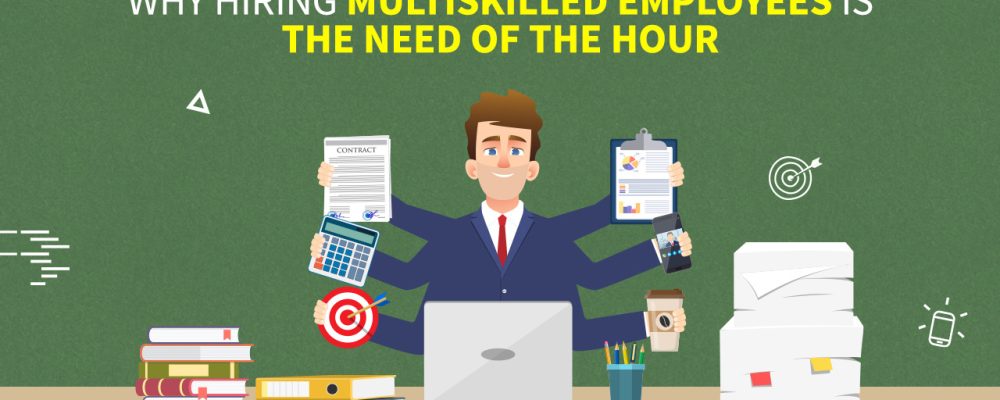Small businesses are often referred to as the lifeblood of an economy, and while that is true, it can sometimes feel like smaller enterprises are forever being damned with faint praise. Any success is “a good achievement … for a small business”. For anyone running a successful small business it often feels as though they’re an inspirational story – an example of what anyone can do if they have enough know-how and commitment. The way that people view small businesses rarely seems to take any account of the fact that it can be punishing and challenging to work in this way.
The challenges that a small business has to overcome are, as a result, often glossed over, seen as something that can be surmounted with enough hard work. Anyone who has made a small business work will tell you that that’s a naive view and potentially misleading – in a way which can make other potential startups approach the business world with an unhelpful impression of what awaits them. To better understand what a small business faces, here are some of the disadvantages that they have in comparison with the bigger names.
Lack of durability
If you imagine a financial crisis as a storm, and businesses as boats, then a multinational can feel like an oil tanker – stable, strong and able to push on even as the waves crash against them. Smaller businesses, meanwhile, are more like fishing boats. When a crisis hits, you can’t just mothball a facility or reschedule a product launch. Small businesses can only weather hard times if they budget for them – and that means having a lean staff with as many multi-skilled employees as you can recruit. This means you’ll build more slowly than other businesses, but you’ll see the benefits as time goes on.
Difficulties with inventory
If a huge company receives a big order, they can generally fulfil it more or less immediately because as well as having significant manufacturing power and delivery infrastructure, they can also hold almost endless inventory. If you’re a small company that sells tools, you can’t just speculatively build an inventory of items that you might only sell a few of every year. For lower-volume items, it’s necessary to consider options such as UAE 3D printing so as to avoid having long lead times which can cause customers to abandon planned orders.
Limited experience
The smaller a business is, the less of an institutional memory it is going to have. To put this another way, a medium or large business in a niche such as import/export will have encountered a variety of situations. If they need to get a consignment of batteries to Slovenia in a certain timeframe, they’ll know what they need to do and can action a plan right away. A smaller business won’t have that privilege and may need to research a job before they can even say “Yes” to the client. The only way to mitigate this is to undertake as much research as possible ahead of even launching the business, and make as many connections in the business as you can so that if you don’t know something, you’ll know someone who does.

